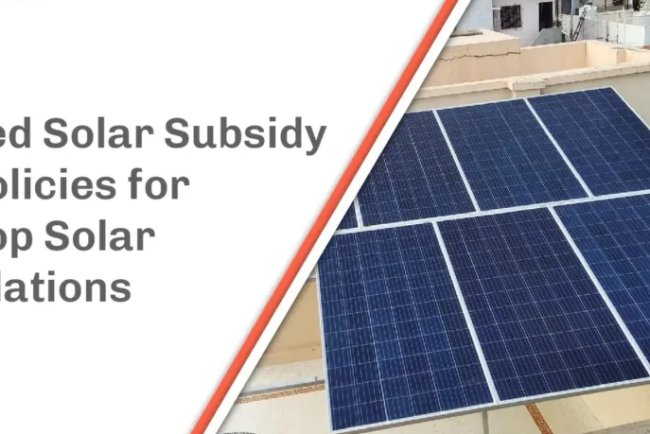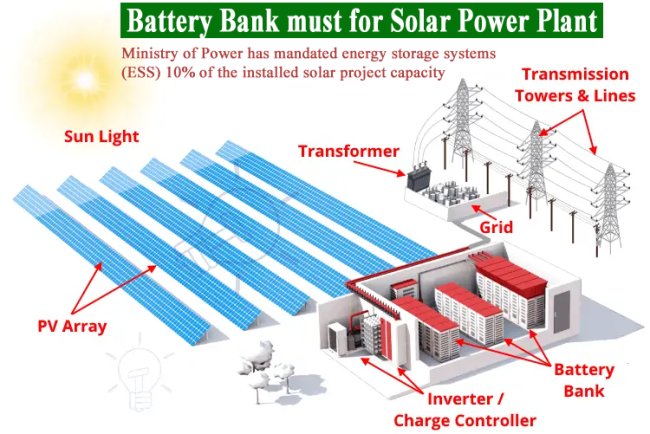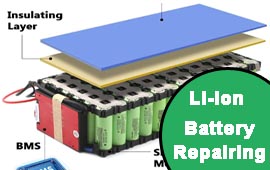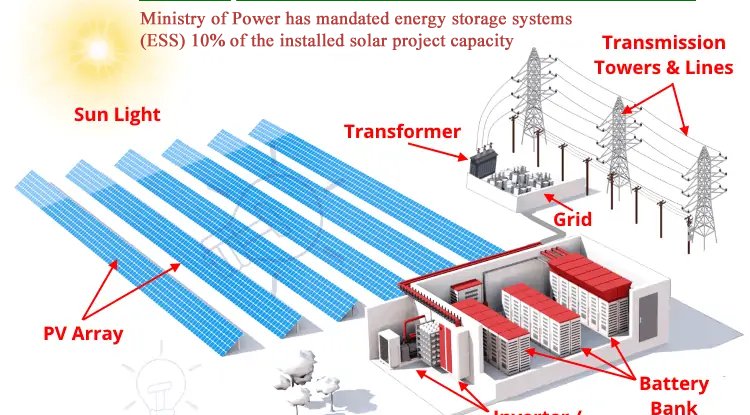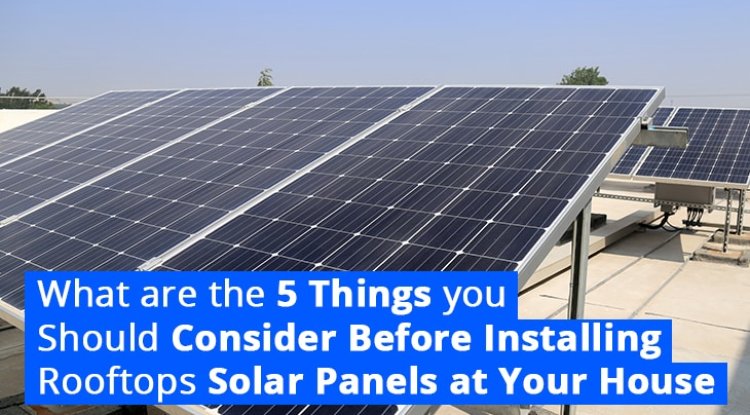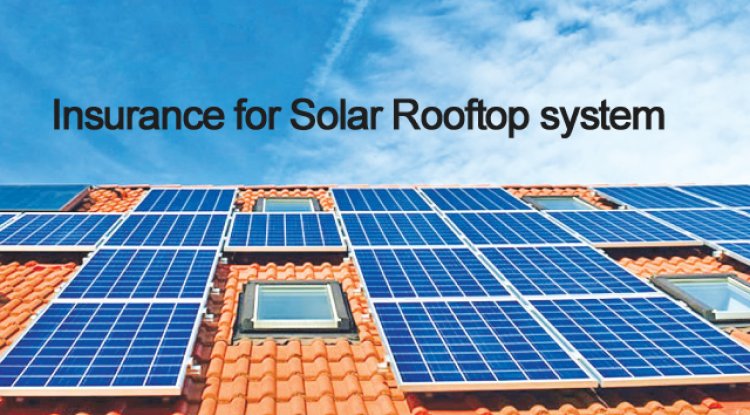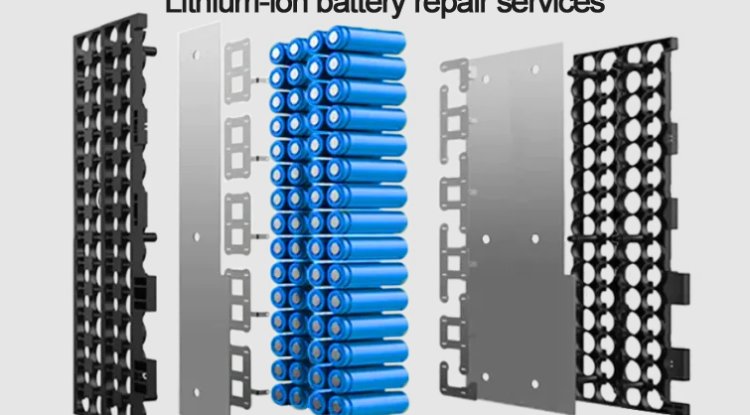Roof Top Solar & Net metering Regulations
PR Newswire: As per the new amendments, net metering will be allowed to the prosumer for loads up to 500 kW or up to the sanctioned load, whichever is lower. Policy and Regulatory, Performance Standards for Discoms. Standard Net-metering regulations.

Roof Top Solar & Net metering Regulations Andhra Pradesh
The Andhra Pradesh Energy Regulatory Commission (APERC) regulates rooftop solar and net metering in the state.The Andhra Pradesh Electricity Regulatory Commission (APERC) regulates net metering for rooftop solar projects in Andhra Pradesh. The regulations include:
Capacity
- The minimum capacity for a grid-interactive rooftop photovoltaic system (SRTPVS) is 1 kWp
- The maximum capacity for an SRTPVS under net metering is 500 kWp
- The maximum capacity for an SRTPVS under gross metering is 5000 kWp
Eligibility
- All registered companies, government entities, partnership companies, firms, and individuals can set up solar rooftop projects
- All consumers of AP Discom(s) can set up solar rooftop projects
Metering
- All meters must be smart meters as per the standards specified by the CEA regulations
- AP Discoms shall provide net metering on cost basis
- A single bi-directional meter shall be installed for export and import
Billing
- Consumers will have to bear the gross or net meter costs
- Any unadjusted electricity credits shall be paid as per the rates notified by APERC
Other requirements
- Mandatory safety precautions/features shall be installed as per the norms
- The standard equipment as per the norms of MNRE/APTRANSCO/DISCOM shall only be installed
Solar Rooftop Policy/ Guidelines Visit https://aperc.gov.in/admin/upload/FinalOrderdated22.02.2024onSRTPVRegulation.pdf.pdf
Roof Top Solar & Net metering Regulations Andhra Pradesh
The Andhra Pradesh (AP) government has policies and regulations for rooftop solar panels, including net metering.
Rooftop solar panel requirements:
- A minimum of 10 square meters of vacant roof space is needed for a 1 kWp system
- The consumer must have a 1 or 3 phase supply service connection
- Safety precautions and features must be installed as per norms
- A single bi-directional meter is installed to record export and import energy
- Standard equipment as per the norms of MNRE/APTRANSCO/DISCOM must be installed
Net metering:
- The rooftop solar system must be within the permissible rated capacity
It must be located on the consumer's premises - It must interconnect and operate safely in parallel with the distribution licensee network
The distribution licensee must offer net metering to consumers on a non-discriminatory and first come first serve basis
Subsidies:
- Consumers can avail of applicable subsidies as per MNRE notifications/guidelines
- The feed-in tariff is decided by the Commission after taking into account the subsidy provided by MNRE
Roof Top Solar & Net metering Regulations Assam
AERC DRAFT REGULATIONS ; 11 Sep 2024, Assam Electricity Regulatory Commission (Group Net Metering and Virtual Net Metering for Renewable Energy)
Visit https://aerc.gov.in/pages/sub/regulations
Roof Top Solar & Net metering Regulations Bihar
The Bihar Electricity Regulatory Commission (BERC) regulates net metering for rooftop solar systems in Bihar. The policy applies to residential, commercial, industrial, and institutional consumers.
Key features
Capacity
- Rooftop solar systems must be between 1 kWp and 1 MWp.
Connection
- Consumers must be connected to the grid through Bihar State Power Holding Company Limited (BSPHCL).
Net metering
- A bi-directional meter tracks energy used from the grid and exported to the grid.
Eligibility
- Consumers must meet the eligibility criteria for interconnection with the grid.
Installation
- Solar systems must be installed on the consumer's premises and interconnect safely with the distribution licensee network.
Other considerations
- The maximum capacity of a rooftop solar system is equal to the consumer's sanctioned load.
- Rooftop check meters are required for solar systems over 20 kW.
- If the consumer has a time-of-day tariff, meters that track daily usage and production must be used.
Govt. Policy: Government Energy Policy is an important review of the schemes, policies, reports, Government support and Government Policy analysis and review of the energy sectors - renewable energy, green energy, hydrogen energy and energy storage battery sectors.


